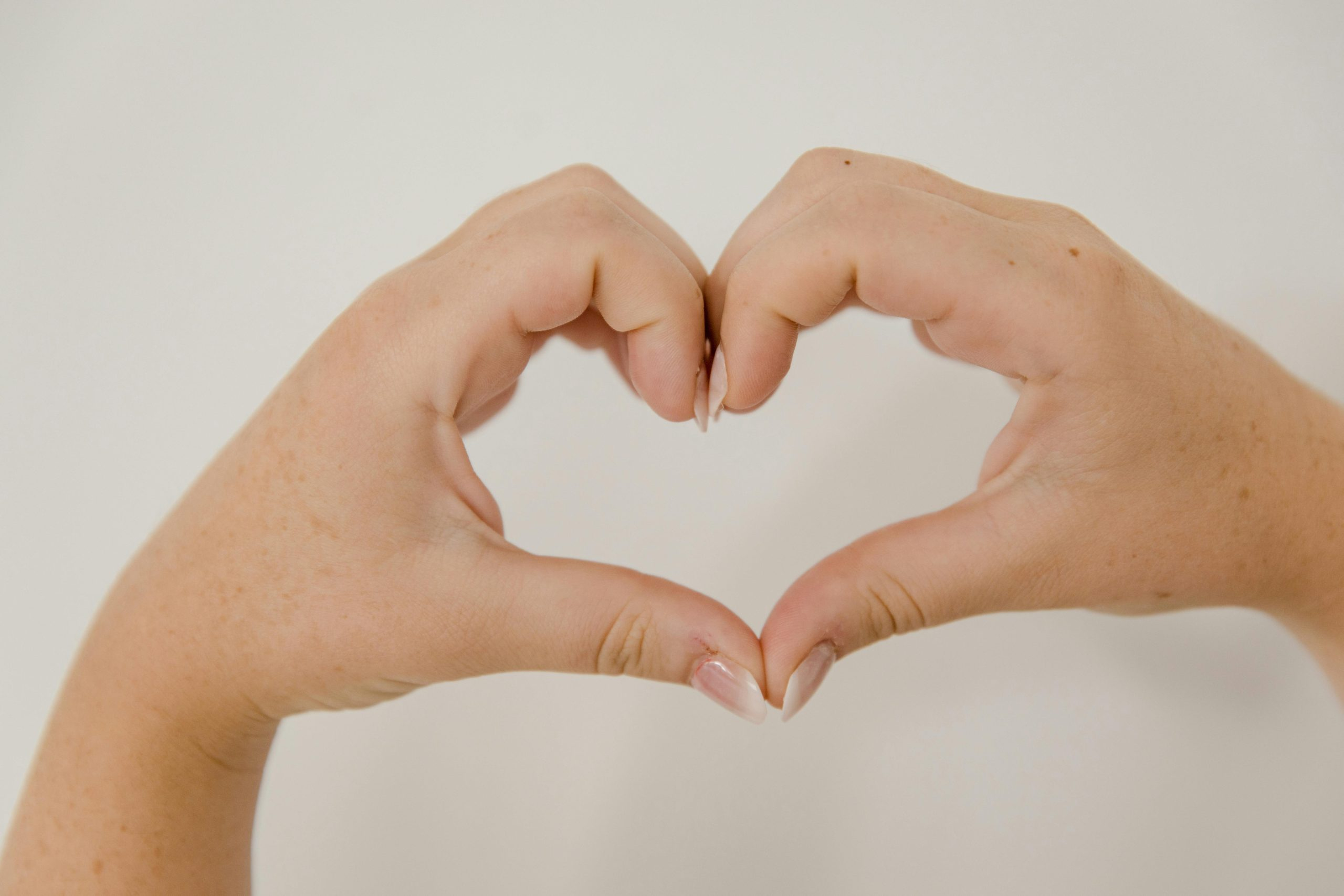The Transformative Power of a Simple Act of Kindness
As humans, we are innately drawn to kindness. Whether it’s a small gesture or a grand act, the impact of kindness on both the giver and the receiver can be immensely powerful. While we often think of kindness as a selfless act, it turns out that being kind has a transformative power that can benefit our mental, emotional, and physical well-being. In this article, we will explore the science behind the transformative power of a simple act of kindness and how it can make a positive impact on our lives.
The Ripple Effect of Kindness
Have you ever experienced a random act of kindness from a stranger that completely brightened your day? Chances are, that feeling of warmth and joy has motivated you to pay it forward by being kind to someone else. This ripple effect of kindness not only spreads positivity in our communities, but it also has a profound impact on our sense of self-worth and purpose.
The Science of Kindness
Studies have shown that when we perform acts of kindness, our brain releases oxytocin, also known as the “love hormone”. This hormone is responsible for creating feelings of trust and connection, and it also reduces stress and anxiety levels. In other words, by being kind, we are not only making someone else’s day better, but we are also boosting our own mental and emotional well-being.
Moreover, research has found that regularly practicing kindness can lead to an increase in levels of dopamine and serotonin, also known as the “feel-good” hormones. These happy chemicals not only improve our mood, but they also contribute to a stronger immune system and improved cardiovascular health. It’s safe to say that kindness truly is good for the soul.
The Power of Empathy
One of the most powerful aspects of kindness is its ability to create empathy. When we show kindness to others, we are able to put ourselves in their shoes and understand their emotions, struggles, and needs. This deep level of empathy can foster compassion and understanding, making the world a more cohesive and harmonious place.
Kindness as a Self-Care Practice
In a world where we are constantly bombarded with uncertainty, stress, and negativity, practicing kindness can serve as a form of self-care. Taking a break from our own worries and focusing on doing something kind for someone else not only brings us a sense of purpose and fulfillment, but it also helps us let go of our own stresses and anxieties.
Moreover, studies have shown that people who regularly engage in acts of kindness are more likely to have lower levels of depression and experience a sense of overall well-being. This is because being kind helps us shift our focus from what is lacking in our own lives to how we can make a positive impact in the lives of others.
Small Acts, Big Impact
It’s important to remember that it doesn’t take grand acts of kindness to make a difference. A simple smile, holding the door open for someone, or offering a kind word to a stranger can have a powerful impact on both the giver and the receiver. Small acts of kindness can accumulate and create a ripple effect, making the world a kinder and more compassionate place to live in.
Final Thoughts
The transformative power of a simple act of kindness cannot be underestimated. By practicing kindness, we are contributing to a happier, more compassionate, and healthier world. So, next time you have the opportunity to be kind, don’t hesitate. Remember that the impact of your kindness can reach far beyond the immediate moment, and it has the power to create positive change in both your life and the lives of others.
Let’s make kindness a part of our daily lives, and watch as its ripple effect spreads far and wide.










